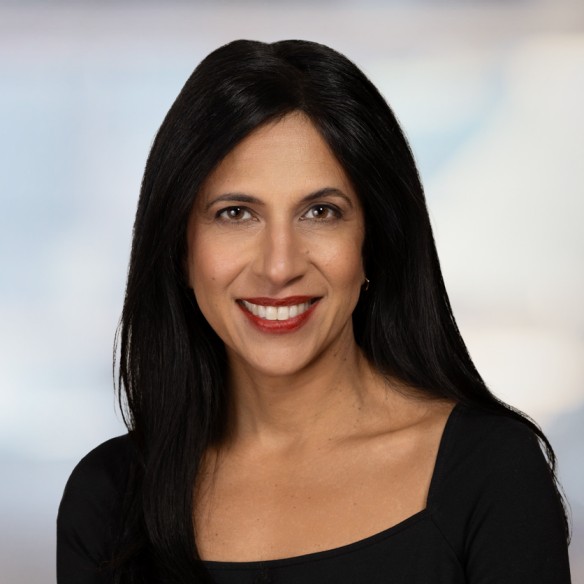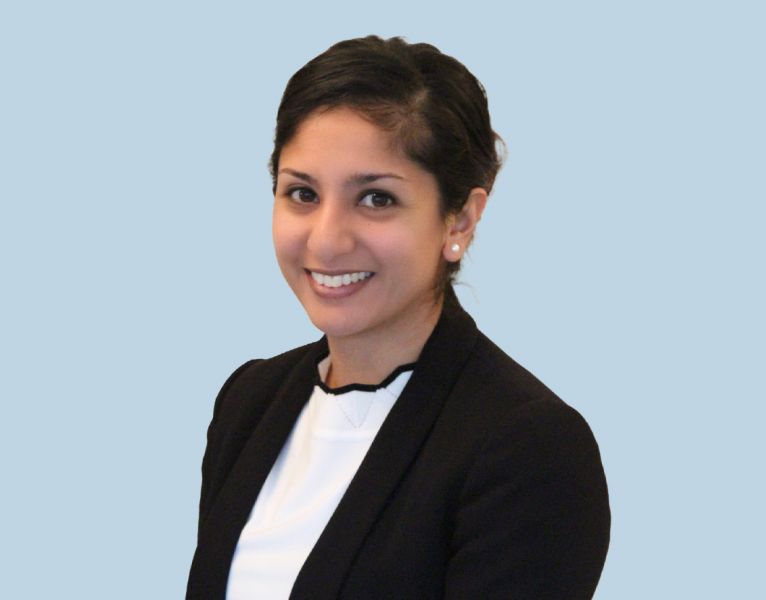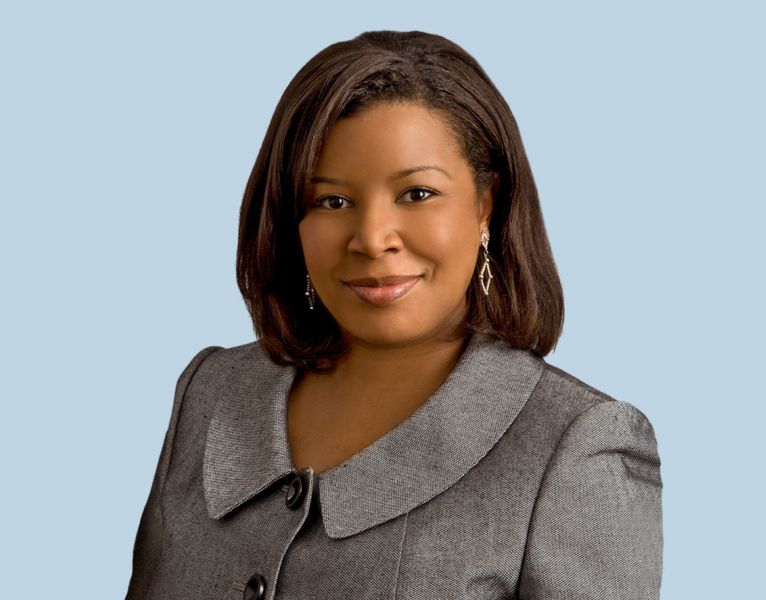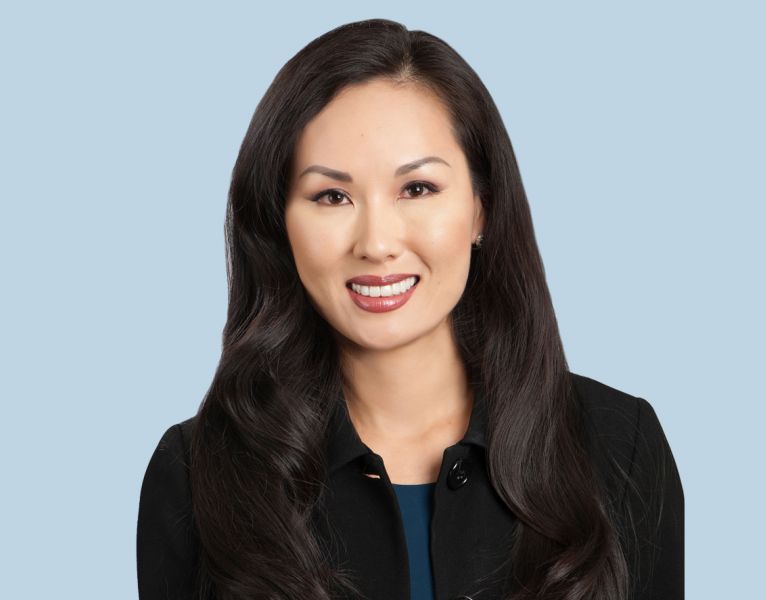Monica Arora is the co-head of the Private Investment Funds Group, one of the largest and most successful practices in the Firm globally. Monica holds several key roles within the Firm, including with the Women’s Sponsorship Program, providing critical mentoring for women across the firm to advance their careers; the Mentoring Circle Program, which provides dedicated mentorship to every diverse associate that enters the firm; Proskauer’s Hiring and Promotions Committees, where she ensures diversity remains a central priority; and Proskauer’s Diversity Task Force, where she was instrumental in establishing a Pipeline Program to support the promotion of diverse attorneys. Monica is on the Board of Her Justice, a nonprofit that provides free legal help to women living in poverty in New York City, and through her leadership, Proskauer has built a pipeline of impactful pro bono matters. Monica was also the recipient of the 2021 Golden Gavel Award for Talent Development and Community Building
Read below for excerpts transcribed from our in-person interview with Monica.
Tell us about why you chose to be a lawyer.
Monica Arora: My family immigrated to the U.S. from India in 1970, a few years before I was born. Like a lot of Indian-American children of the 1980s, my parents would have loved for me to go to medical school, but it became very clear early on that I had no desire or aptitude to do that! In middle school, I developed a real interest in social justice and human rights issues. The natural step from there was to go to law school. I of course had no idea that I would fall head first into corporate law, but here I am.
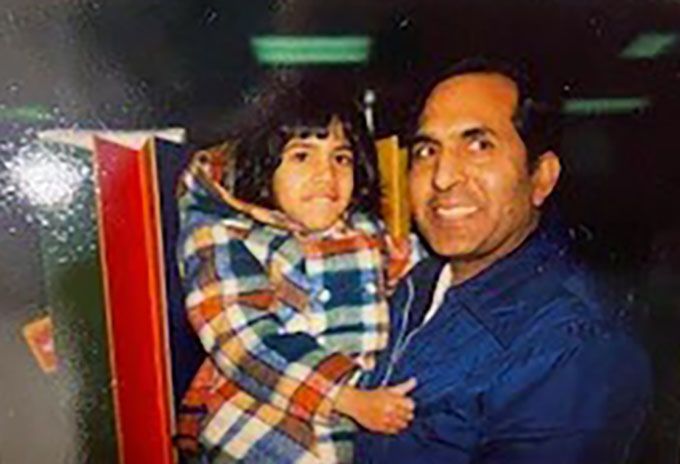
After falling "head first' into corporate law, what factors have helped enable your career to flourish?
Monica Arora: I think we all have the desire to be part of something bigger than ourselves, whether that's related to our friends, family, community, philanthropy, or politics and public service. For me, work is a really important part of that, and I think if you are going to flourish and do your best, you have to love what you do. I am fortunate to be doing work that touches many people's lives. I work with private investment funds and it is exciting, thanks in small part to my counsel and advice, to see businesses grow, entrepreneurs achieve their dreams and create enterprises from scratch, and perhaps most importantly, help a team function better by bringing people together and developing relationships between clients and investors that last for decades and lead to success for everyone involved. It doesn’t always happen that way but we always work toward that goal and nothing is better than winning together.
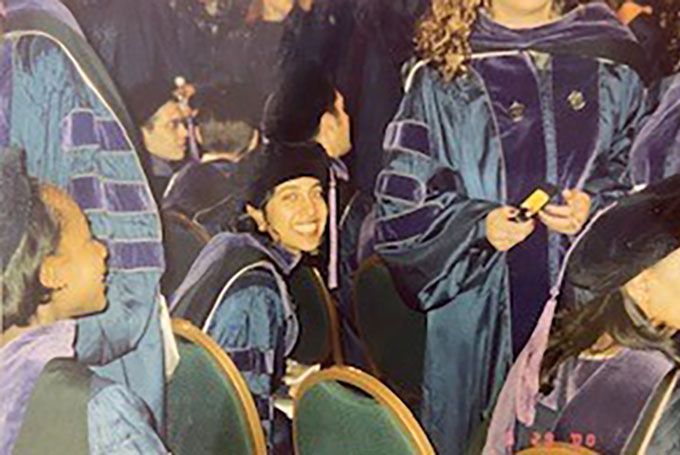
If you could give your younger self advice, what would you say?
Monica Arora: I would say, don't stress. Life can be very hard, but no challenge is wasted. I also think I have a trait of not remembering bad things, and that helps!
You mentioned that corporate law wasn’t yours or your parents’ original career plan. How would you encourage young women today who are thinking about becoming attorneys?
Monica Arora: I am so fortunate to be surrounded by so much young talent –women and men, but particularly the women I've worked with, I think are more resilient and savvy than I was. What I would say to them is, "it's okay to screw up." Talented people are accustomed to a level of excellence, but it's important to remind people that making mistakes is what makes you grow and gives you that grit. I often tell people, "You're in this for the long haul and things work out!"
Based on that advice, how do you approach mentoring? What kinds of mentoring do you do?
Monica Arora: I probably get just as much or more from doing the mentoring, and that's because mentoring is all about sharing and learning from others’ experiences. I try to underscore the importance of being genuine and following what you love doing - the things that motivate you, I call that your spark. Yes, we all work hard, but we also have to feed the other parts of ourselves, which makes us whole. Being a whole person will make you better at everything you do, whatever your goals are. And so when I think about what I do to mentor, I think it's sharing my stories, being there for people, and being as transparent as possible. Life is relationships, and having people recognize that early in their careers is helpful.
On that note, do you have a mantra for yourself; a life mantra that you tell yourself regularly?
Monica Arora: I struggle with something that a lot of us struggle with – just being present. I think we have all become so accustomed to doing seven things at the same time. When you think about it, you're not being in the present for at least a few of them (probably all seven of them!) – and I think that's one of the things I'm constantly trying to work on – being intentional about being present.
What are you most hopeful about today?
Monica Arora: I am very hopeful about the change that I've seen in the world. When I think about the social issues that really propelled me to go to law school 20-plus years ago, there has been a lot of positive change. I don't think it is at the pace that we'd like it to be, but there has been progress`. I think about my 10-year old and 12-year-old daughters, who over the past two years routinely burst into my office after school to get a glimpse of my virtual meetings. One time my 12-year-old noticed I wasn’t talking much on a call and as soon as I hung up, she said, "Mommy, you should be leading that call right? Why weren't you talking more?" I tell them of course that oftentimes listening is more important than talking! But I just love that for them, it is totally normal for them to expect their mother to run every work call. They are thinking about things in a different way than I was. That is important to me.
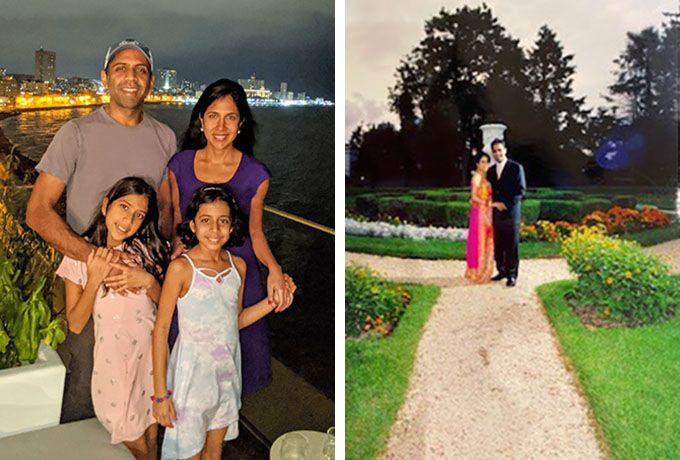
What do you think is the key to success in business development?
Monica Arora: The reason that I love my work is because I love my clients. The number one advice that I tell younger lawyers is to always be there for your client. They know that you're not going to know everything. But the fact that you're always going to be there for them, looking out for them, getting the answer, telling them what you think, pointing out risks and counseling them through, I think that's what develops those business relationships. I also tell young associates that even though their counterpart at the client may be junior in the organization, they will eventually be senior and run something, so developing relationships that are genuine and that you enjoy – irrespective of the stage of your career – is the best business development.
The last thing I would say is that everyone's spark is triggered by different things. That means that you don't have to take your clients to coffee, or cocktails or dinner to develop business (although many of us do a lot of that!). Everyone needs to find that thing that they're motivated by or interested in intellectually and that can be a way to connect with people. Perhaps you like to go to conferences or speak on panels or write thought pieces, or just be an invaluable legal resource to clients – do what is natural to you. There are a lot of different ways to get there. There is no recipe, but I think being true to what you really enjoy is the key to success.



